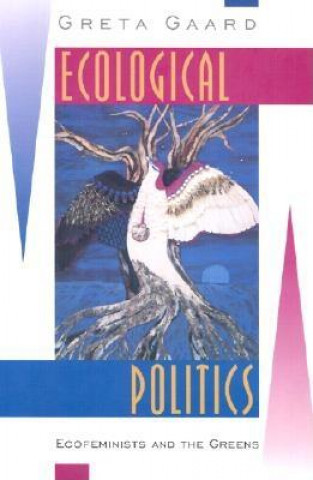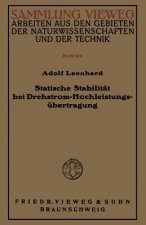
Livrare
Consilier de cumpărături





Nu se pretează? Nu contează! La noi puteți returna bunurile în 30 de zile
 Voucher cadou
orice valoare
Voucher cadou
orice valoare
Cu un voucher cadou nu veți da greș. În schimbul voucherului, destinatarul își poate alege orice din oferta noastră.
Ecological Politics
 engleză
engleză
 100 b
100 b
30 de zile pentru retur bunuri
Ar putea de asemenea, să te intereseze


In the 1980s, ecofeminism and the U.S. Green movement seemed to offer some of this country's most powerful and promising solutions to problems of social and environmental justice. A decade later, ecofeminism has become more a perspective than a movement, and divisions within the Greens have deepened as its national focus has shifted from issue-based politics to party building. Why have these movements faltered? A member of both movements, Greta Gaard bases her analysis on her personal experience as well as extensive secondary sources and interviews with key theorists, activists, and speakers across the United States. By allowing each movement's members to speak for themselves, she traces the separate origins and development of each movement, explains their connections, and reveals the light that each can cast upon the other and on the difficulties facing social action in general. Beginning with the ecofeminists, Gaard describes the paths environmental causes, the feminist peace movement, the feminist spirituality movement, the animal liberation movement, and the anti-toxics movement, as well as experiences of interconnectedness that have led women (and a few men) to articulate an ecofeminist perspective. Tracing the movement from the 1980s to the present, she defines its present strands as liberal ecofeminism, radical ecofeminism, socialist ecofeminism, and social ecofeminism. Gaard illustrates the development of the U.S. Greens from a national movement into a political party. She defines the various factions the Left Greens, the Youth Greens, and the Green Politics Network that influenced the movement's direction and underlay the debates during Ralph Nader's 1996 presidential campaign. She shows how the history of these three groups can be seen as stages in the transition from a leftist and sometimes anarchist focus to an emphasis on electoral political action that places the Green movement squarely within the pattern of other social movements around the world. Despite the significant influence that ecofeminists have had in shaping the Greens as a national movement, many have chosen to withdraw from the Greens. Gaard looks at the reasons for member disaffection and draws disturbing conclusions about the compatibility between liberal feminism, cultural ecofeminism, and patriarchal politics. She also presents the divisions within the Greens as ongoing battles within the new left, the radical ecology movement, and various social justice movements. She focuses on three general areas conflicts over philosophy, conflicts over representation, and conflicts over strategy to make suggestions for how to bring about the kind of social transformation envisioned by both the Greens and the ecofeminists. Arguing that the Concord Principles represent a populist form of liberal democracy that fundamentally betrays both ecofeminism and Green philosophy, she uses the 1996 Nader campaign as a departure point for developing an ecofeminist theory of radical democracy and to speculate on future directions for Green politics and for ecofeminism. Her analysis illuminates the nature and direction of each of these important movements and the pressures and conflicts experienced by all social movements at the end of the twentieth century. Author note: Greta Gaard is Associate Professor of Humanities, Fairhaven College at Western Washington University. She is the editor of "Ecofeminism: Women, Animals, Nature" (Temple).
Informații despre carte
 engleză
engleză




 Cum să cumpăr
Cum să cumpăr


























